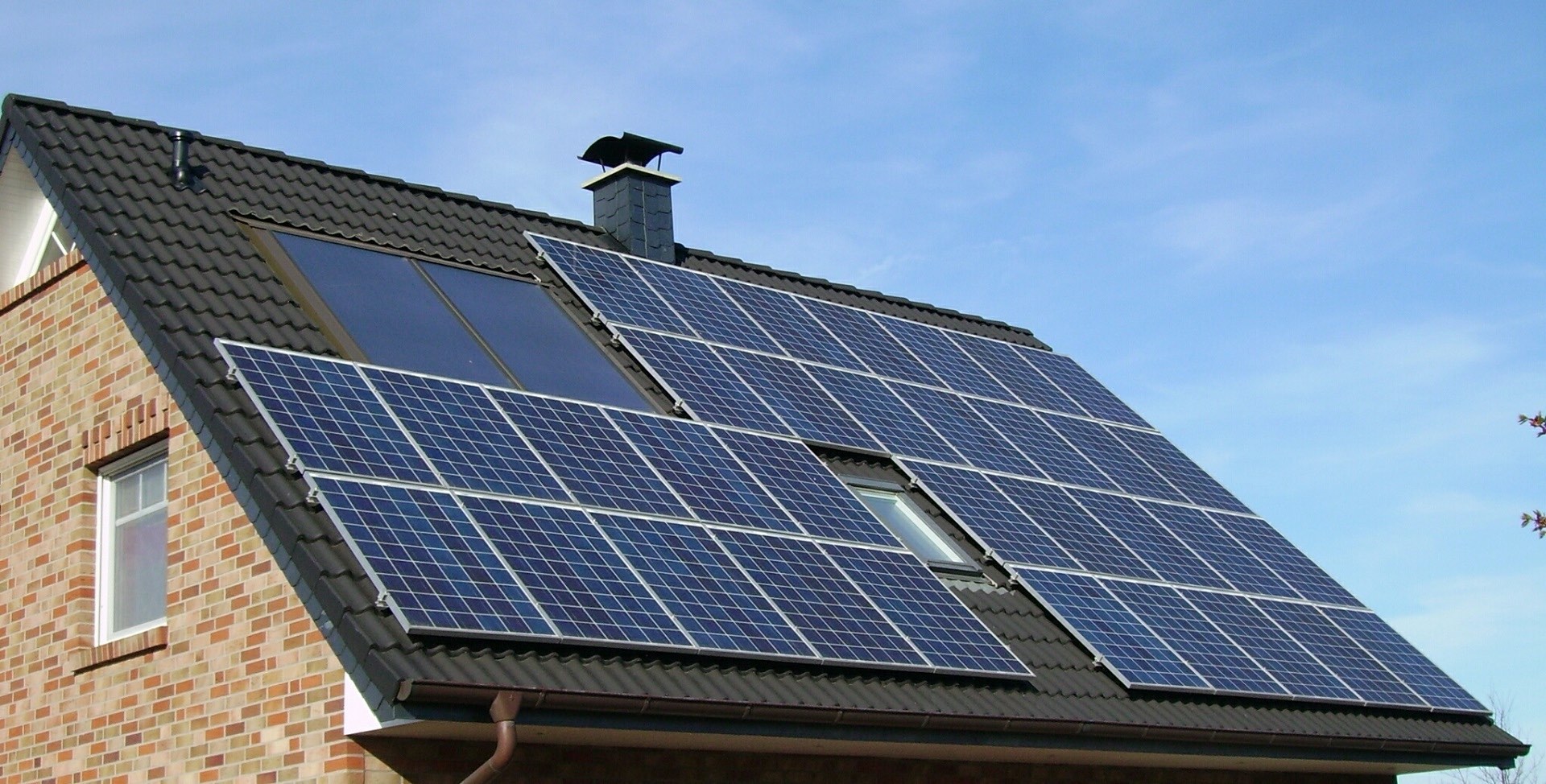Are you afraid to look at your electricity bills? The summer was difficult for both businesses and consumers due to rising fuel prices.
The winter forecast does not look any better. Owners of apartments with electric heating will pay 10% more. Natural gas and oil fireplaces will pay 28% and 27% more respectively.
These costs can be reduced by investing in solar panels. Solar panels are cheaper than 10 years ago.
This can make sense to you and save you a lot on energy costs. Don't worry too much though. There are many things to consider before installing solar panels.
Read on to learn about the most important things you need to know before buying solar panels.
1. Your home may not be suitable
Now that you're ready to pay for solar panels, you might think it's time to install them.
Your home may not be suitable for solar panels. It all depends on the condition of the roof and the orientation of the house.
Solar panels are heavy and work best in direct sunlight. A roof facing south rather than north is not suitable for solar panels.
Your roof should have enough space and be strong enough to support the weight of the solar panels.
The roof should also be square for the solar panels. A roof that is too flat or too steep will not work.
How to make sure your home is suitable for installing solar panels? Contact a solar panel installation company and get a quote.
2. Calculate ROI and maintenance costs
Should solar panels be installed? It depends on several factors. The solar system you choose may be less efficient because you have chosen the wrong one for your needs.
It also depends on your current energy consumption and how your needs have changed over the years.
You can do a basic calculation of how long the solar panels will need to be self-supporting. By most estimates, it takes five to seven years to pay back the investment.
Don't forget maintenance costs. Solar panels collect dust and debris throughout the year. They become more effective if you don't let them.
Federal, state and local governments offer incentives for installing solar panels. The federal government offers a 30% tax credit for installations between 2022 and 2032.
3. Solar panels do not require direct sunlight
One of the misconceptions about solar panels is that you have to live in a sunny country to benefit from them.
Although they work best in direct sunlight, they also work well in indirect sunlight. You can install solar panels anywhere in the country, as long as your home meets the requirements.
4. You need a competent installation company
Now that we are in the middle of the solar boom, there are more solar companies. This does not make it easy to find the best installation company in your area.
Check your state's licensing requirements and ask potential installers if they meet the requirements.
Read reviews and recommendations online and get recommendations from people you know and trust.
Ask several installation companies to review your situation and give you an estimate. Consider the manufacturers they work with and the warranties they offer.
5. Financing options for solar panels
Despite the lower costs and tax incentives for installing solar panels, an upfront payment is required to complete the solar installation.
If you're like most people, you probably don't have thousands of dollars to invest in solar panels.
Therefore, financing can be a good option. You need to know how certain types of financing work, because you can find yourself in a bad situation.
A solar panel or personal loan is your next best option. You will pay interest on the loan and increase overall setup costs.
On the other hand, you retain full ownership of the solar panels and make fixed monthly payments.
Power purchase and lease agreements are other means of financing solar installations. You agree to install solar panels on your home.
You don't have a solar panel. They belong to a third party company. You agree to pay a fixed electricity rate for the duration of the contract, which is between 20 and 25 years.
At first glance, this seems like a lot, but there are two difficulties. First, you don't have solar panels, so you can't claim tax credits for installing them.
Lease and power purchase agreements can be restrictive if you decide to sell your home. Since you don't have solar panels, you may need to get permission from a third party to sell your home.
They may ask you to transfer the agreement to the new owner, or you may have to pay to transfer the solar panels to their property.
Familiarize yourself with the details of the transaction and learn about these options before financing a solar installation.
Does the installation of solar energy make sense?
Now is a good time to consider installing solar panels, as costs continue to drop and energy costs continue to rise.
This does not mean that installing solar panels is profitable. You have just learned that there are a few things to consider before going ahead with solar panels.
Calculate your return on investment, find out if your home is right for you, and find a qualified and experienced installation company. Consider financing options and learn the pros and cons of each.
You will understand if solar panels are right for you. Want to hear more valuable home advice? Check out more blog posts today!
The information on this site is provided by an independent third party content provider. To be fair, this site makes no warranties or representations in this regard. If you are linked to this site and wish to remove it, please contact [email protected]



